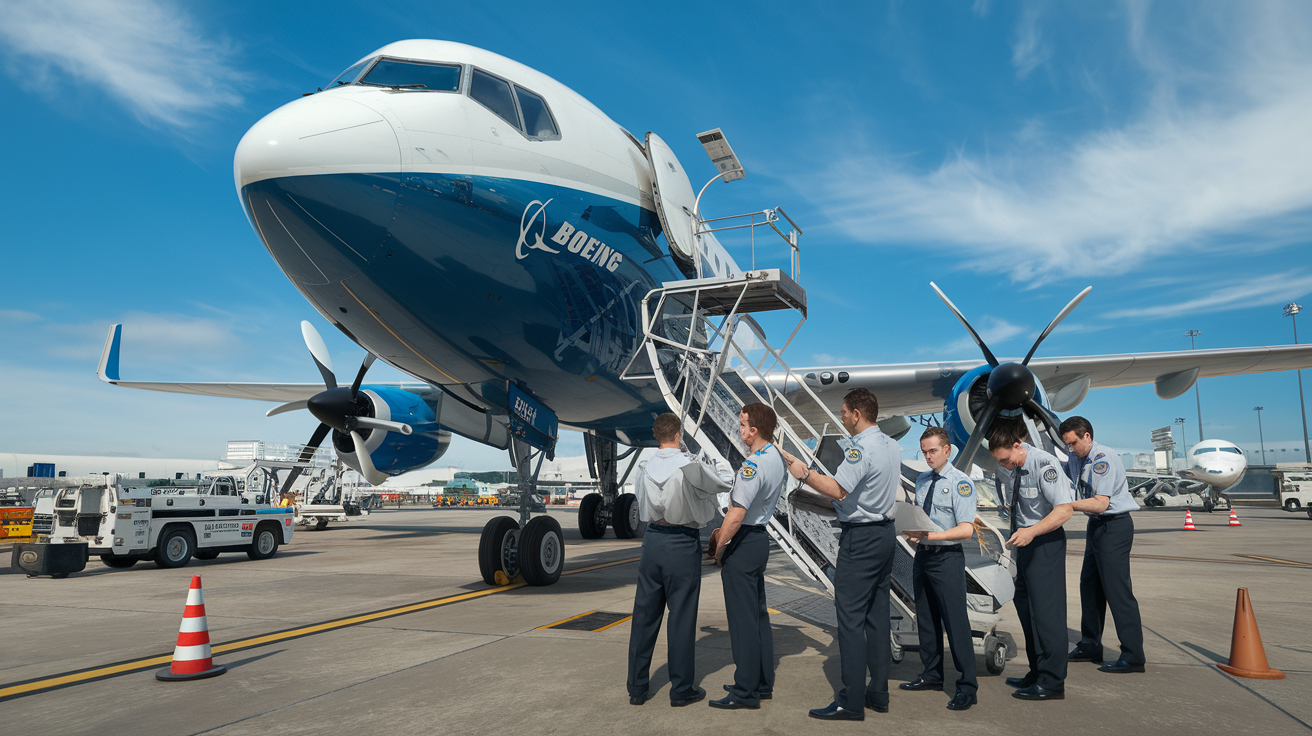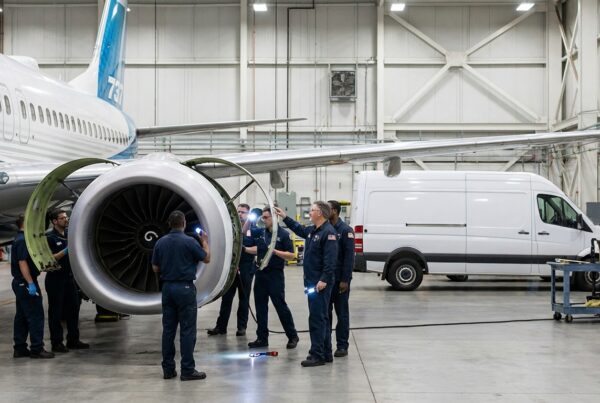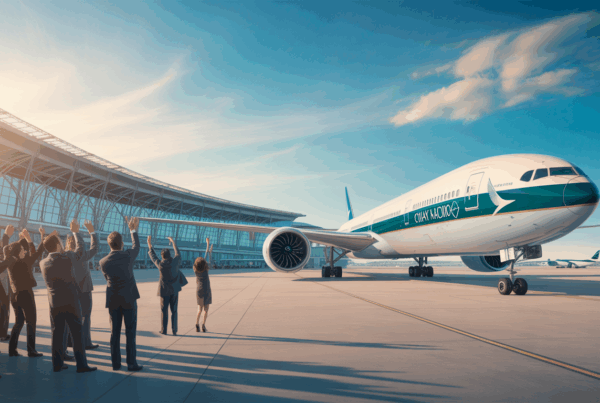Visit Federal Aviation Administration (FAA) has decided to maintain greater control over Boeingone year after an incident involving Alaska Airlines. This enhanced surveillance mainly concerns the 737 MAX and aims to guarantee aircraft safety. The regulator is demanding a cultural change from the aircraft manufacturer, giving priority to safety to profitability. Recent incidents, including a seat problem causing a loss of altitude, have accentuated the need for these measures. At the same time, pilot seats are under scrutiny as suspected contributors to these failures, adding to the FAA's list of concerns.
In the vast panorama of the aeronautics industry, the American giant Boeing is going through a troubled period. Following a number of incidents involving its aircraft, the US civil aviation authority, the FAAhas decided to maintain and reinforce its surveillance of aircraft produced by Boeing. This decision, while radical, is fueled by the need to guarantee uncompromising air safety.
The reasons behind such surveillance
The decision for prolonged monitoring by the FAA is rooted in a series of recent incidents involving popular Boeing models, including the 737 MAX. A notorious accident involving a sudden drop in altitude raised questions about the condition of certain equipment, notably the pilot seats, suspected of being the cause of this sudden movement. Such episodes have prompted FAA to demand a fundamental cultural change at Boeing, to put safety ahead of profit.
Implications for Boeing
For Boeing, this period of heightened scrutiny means many challenges. Ambitious projects, such as the launch of the 777Xhave been delayed, causing disappointment among airlines such as Emirates, who openly criticize repeated delays in aircraft delivery. In addition, Boeing is facing downsizing at Southwest due to delays in delivery of the MAX series. On the other hand, alliances have been formed to meet demand, such as the one between Boeing and Airbus to supply aircraft to China Airlines in Taiwan, a venture combined against a backdrop of operational tension.
Implications for the aeronautics industry
This surveillance affects not only Boeing, but the entire aerospace industry. Major players in the sector, such as Spirit Aerosystemsjoin Boeing in seeking immediate financial support. Despite pressure from FAABoeing continues to deliver aircraft, notably the 787 Dreamliners to LATAMand anticipates the arrival of new models, such as the 737 MAX for Ryanair in 2025. These strategic decisions are essential to maintain momentum in an environment where every step is scrutinized.
A closely watched future
Measurements of the FAA underline the crucial importance of harmonizing compliance with safety standards and technological advances in the aerospace industry. At a time when latent vigilance is becoming the norm, Boeing must reconcile innovation with caution. Perhaps this synergy will lead to a safer future, a target that Boeing is eagerly pursuing. FAA in its efforts to guarantee safe skies.

FAA Increased Surveillance of Boeing
| Element | Details |
| Authority concerned | FAA (US Civil Aviation Authority) |
| Monitored manufacturer | Boeing |
| Incidence | Extension monitoring |
| Main motif | Cultural change required at Boeing |
| Focus | Priority to safety instead of profits |
| Potential consequences | Impacts on deliveries and production |
| Pilot seats | Suspects pose risks |
| Models concerned | In particular, the 737 MAX |
| Additional reasons | Malfunctions software |
| Long-term effects | Possible reduction of staff |




